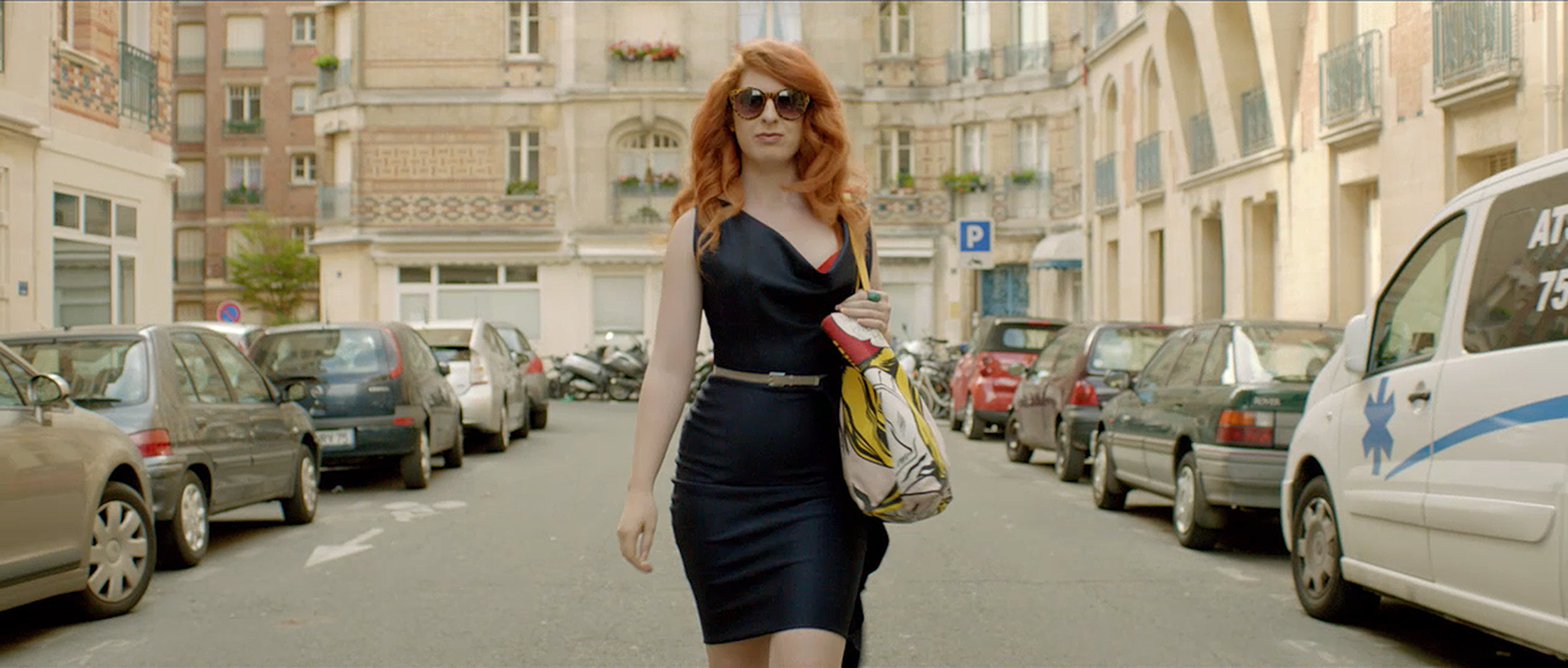Looking at the grand scale of the 2018 Melbourne Women in Film Festival, you probably can’t tell that the event is only getting its sophomore run. Rivaling some of the most seasoned cinema festivals, the MWFF boasts countless feature and short film screenings, a public forum, expert discussion panels, alongside an impeccable opening and closing night lineup with an official awards ceremony to boot.
The festival is helmed by film critic, writer and academic Dr. Sian Mitchell, who’s incredibly proud to see the growth of her brainchild since its small launch last year. Committed as ever to championing women in the film industry, she’s now ready to see the 2018 stint soar.
“[As a film lecturer] I wanted to do something that firstly showed my female students that there are women in Australia working and doing what they want to do in film so that they’d have someone to look to as a role model, particularly in even further underrepresented areas like cinematography, editing and sound,” Mitchell says of the festival’s inception.
“The other thing that I wanted to do was something to help promote and expose women filmmakers because they’re kind of marginalised in terms of distribution and exhibition, so the festival is about hopefully filling that gap within our local industry and keeping the conversation going about gender equality issues in our community.”
Mitchell explains that women often face closed doors in the film industry, propelled by a sometimes “boys club-y” environment. In response to this, she’s determined to highlight the incredible and important work that women filmmakers are doing, and even more so, the diversity of it. To aid this, the team opted to allow for submissions at this year’s stint in an effort to collect the broadest range of films to showcase as possible.
“With the open-call process what we’re really trying to do is show the diversity of work that women are doing, in terms of style, genre and filmmaker background, we’re trying to make sure that we’re exhibiting a more complete and authentic Australian women’s experience,” Mitchell says.
“We’ve been really fortunate in this process to not only have fiction shorts submitted but also documentary shorts and even some animation which we’ve been able to program, it’s that idea of diversity that has informed a lot of the choices that we’ve made during the open-call process as well as with our curated invited works.
“I think there’s something for everybody here, regardless of the fact that [the festival] is all about films made by women. It really does show some great films that might not have been seen otherwise if we weren’t doing this, they’re all incredibly interesting, entertaining and thought-provoking.”
The curated works on offer continue the theme of diversity, leaving no genre unturned. Expertly crafted by Mitchell and her team, they include the likes of Don’t Tell, a heavy drama about the empowerment of a woman who was sexually abused as a child, alongside black-comedy Love Serenade, which will play on opening night.
“We chose Love Serenade [for opening night] because it has a really kick-arse soundtrack that we could make a really fun opening night event around, and it worked out perfectly because all the key creative team are women, from the writer/director, editor, cinematographer and producer,” Mitchell says.
Alongside the film screenings, also comes an array of discussion and educational opportunities for festival-goers to lap up. There’ll be industry-expert led panels, a Film Critics Lab for emerging female film-critics, and a forum exploring Women’s Independent Cinema in the 21st Century. On closing night alongside their screening of Drama, there’ll be awards for Best Short Film and Best Student/Next Generation Film announced too. Winners will take home a $10,000 package from post-production house Soundfirm, and an equipment rental package from Lemac respectively. It’s an addition to the festival that the team are particularly thrilled about being able to offer.
“We’re really passionate about trying to help emerging filmmakers with their projects and helping them to keep going, so that they’re not just making one film and then stopping,” Mitchell says.
“These awards are something that we really want to continue to have in the future, because we really want to have a focus on helping women filmmakers make more films that we can then showcase.”







